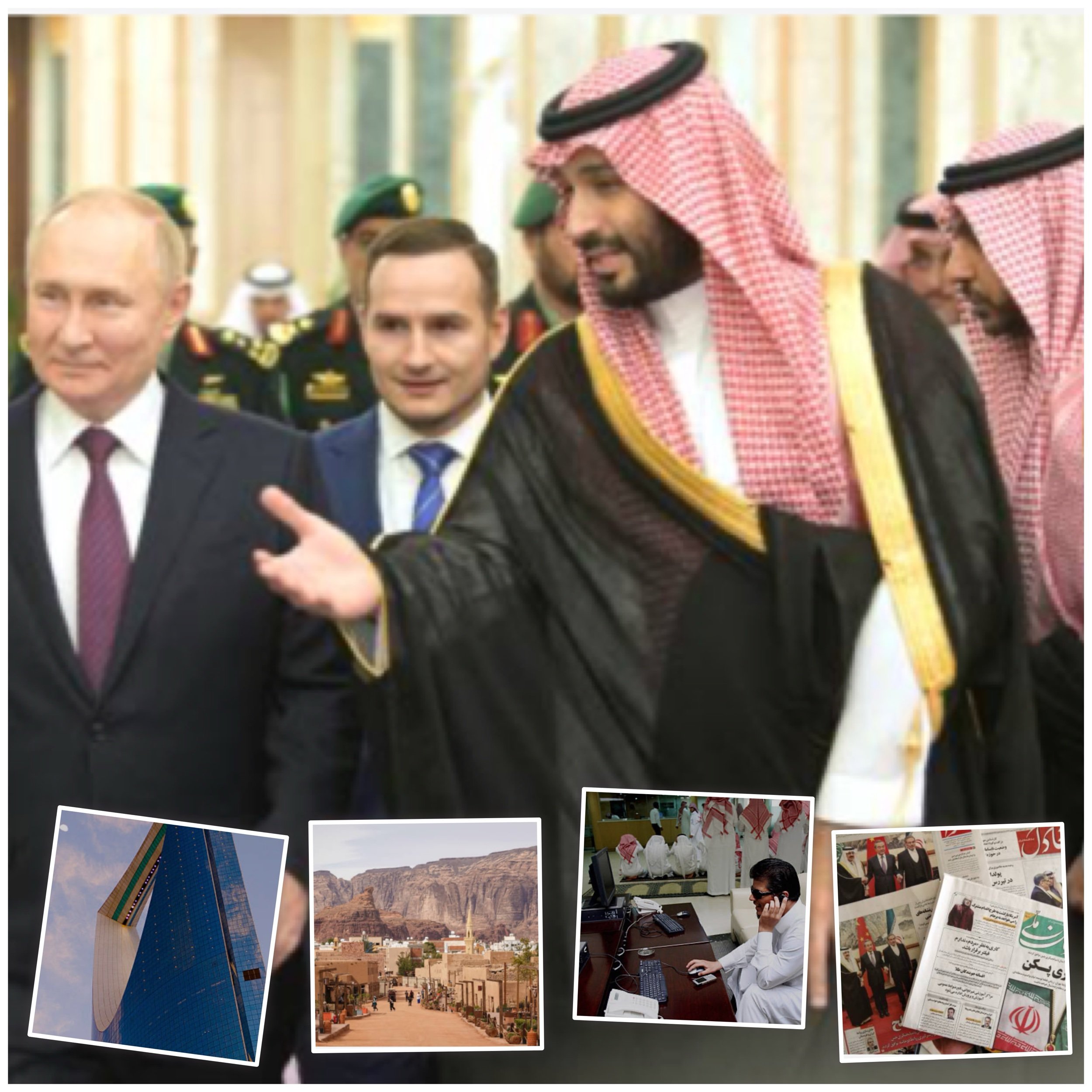Dubai goes for interest rate cut following US federal federal action
Introduction
Dubai, along with other Gulf Cooperation Council (GCC) countries, has indeed followed suit in cutting interest rates after the US Federal Reserve’s decision to lower its benchmark rate. This move reflects the close alignment of GCC monetary policies with those of the United States, primarily due to their currencies being pegged to the US dollar.
GCC Interest Rate Cuts
The United Arab Emirates Central Bank (CBUAE), which governs Dubai’s monetary policy, has cut the base rate applicable to the Overnight Deposit Facility (ODF) by 50 basis points, from 5.40% to 4.90%, effective from September 19, 2024. This decision came shortly after the US Federal Reserve’s announcement of a 50 basis point cut, which left US rates at a range of 4.75% to 5%.
Other GCC countries have also implemented similar rate cuts:
Saudi Arabia:
The Saudi Central Bank reduced both the repo rate and reverse repo rate by 50 basis points to 5.50% and 5% respectively.
Qatar:
The central bank cut key interest rates by 55 basis points, with the lending rate now at 5.70%, deposit rate at 5.20%, and repo rate at 5.45%.
Bahrain:
The Central Bank of Bahrain (CBB) cut the overnight deposit rate by 50 basis points from 6.00% to 5.50%.
Kuwait:
The Central Bank of Kuwait (CBK) reduced the discount rate by 25 basis points from 4.25% to 4%.
Market Reactions
The interest rate cuts have had a positive impact on Gulf stock markets. Major indices in Saudi Arabia, Dubai, Abu Dhabi, and Qatar all saw gains in anticipation of and following the rate cuts. For instance, Dubai’s main share index rose by 0.3%, with companies like Dubai Taxi Company seeing significant increases.
Economic Implications
These rate cuts are expected to have several implications for the GCC economies:
Stimulating economic activity: Lower interest rates could encourage borrowing and investment, potentially boosting economic growth.
Currency stability: The coordinated move helps maintain the stability of GCC currencies against the US dollar.
Inflation management: Unlike many other global economies, GCC countries have been largely shielded from high inflation, allowing them to focus on economic diversification plans.
Conclusion
As the US Federal Reserve has signaled that more reductions will follow, extending into 2025, it’s likely that GCC central banks will continue to mirror these moves in the coming months. This coordinated approach underscores the interconnectedness of global economies and the significant influence of US monetary policy on the Gulf region.





